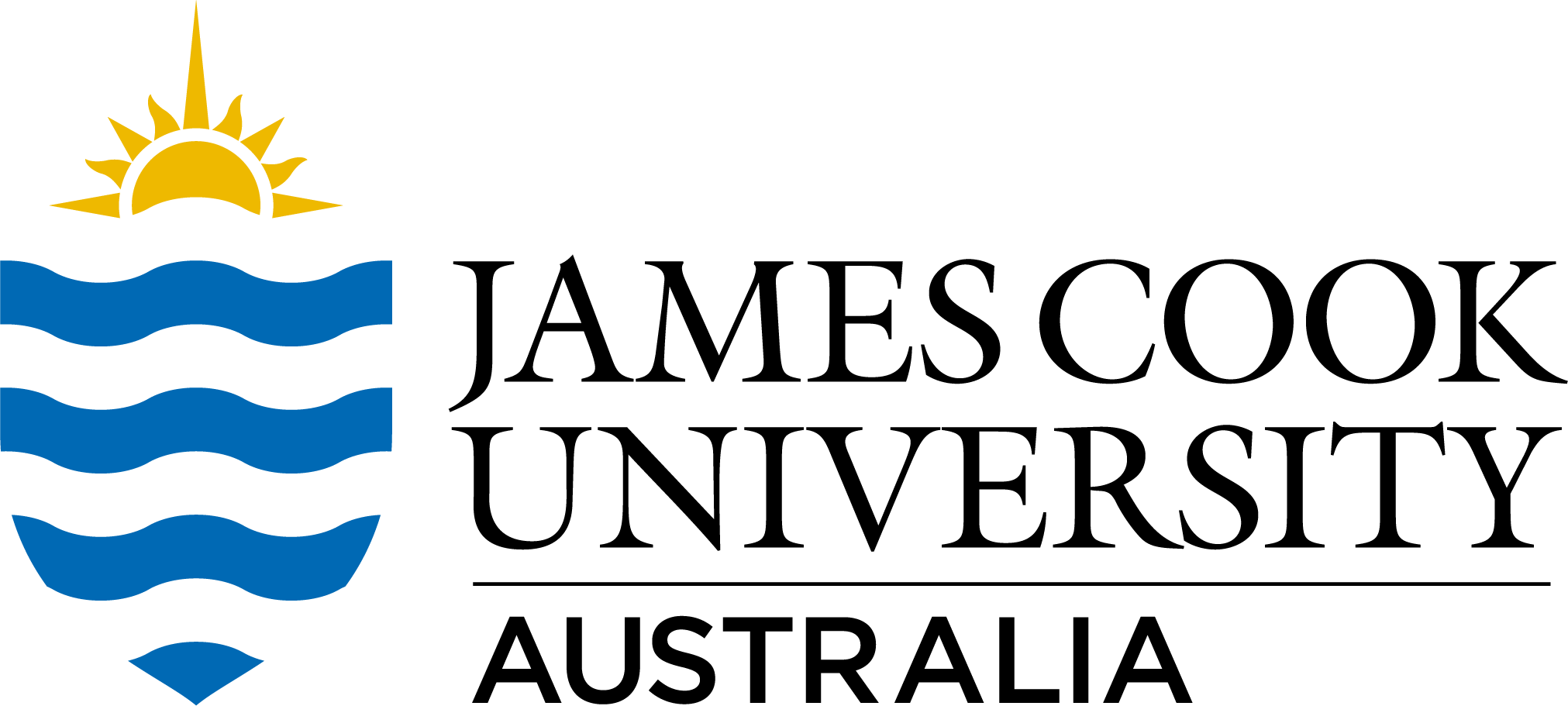Full description
Abstract [Related Publication]: Carbon dioxide (CO₂) levels projected to occur in the oceans by the end of this century cause a range of behavioural effects in fish, but whether other highly active marine organisms, such as cephalopods, are similarly affected is unknown. We tested the effects of projected future CO₂ levels (626 and 956 µatm) on the behaviour of male two-toned pygmy squid, Idiosepius pygmaeus. Exposure to elevated CO₂ increased the number of active individuals by 19–25% and increased movement (number of line-crosses) by nearly 3 times compared to squid at present-day CO₂. Squid vigilance and defensive behaviours were also altered by elevated CO₂ with >80% of individuals choosing jet escape responses over defensive arm postures in response to a visual startle stimulus, compared with 50% choosing jet escape responses at control CO₂. In addition, more escape responses were chosen over threat behaviours in body pattern displays at elevated CO₂ and individuals were more than twice as likely to use ink as a defence strategy at 956 µatm CO₂, compared with controls. Increased activity could lead to adverse effects on energy budgets as well as increasing visibility to predators. A tendency to respond to a stimulus with escape behaviours could increase survival, but may also be energetically costly and could potentially lead to more chases by predators compared with individuals that use defensive postures. These results demonstrate that projected future ocean acidification affects the behaviours of a tropical squid species.
The full methodology is available in the Open Access publication from the Related Publications link below.
Created: 2018-03-13
Data time period: 09 2013 to 24 09 2014
text: Squid were collected from Cleveland Bay, Townsville, Queensland, Australia (19°25′S, 146°82′E) and transferred to James Cook University
User Contributed Tags
Login to tag this record with meaningful keywords to make it easier to discover
- DOI : 10.4225/28/5AA75291E25AD

- Local : researchdata.jcu.edu.au//published/446f10cdb79afd9d909c04816a792d93
- Local : 0fa2f5eb2fb95866715589e9800c8736


